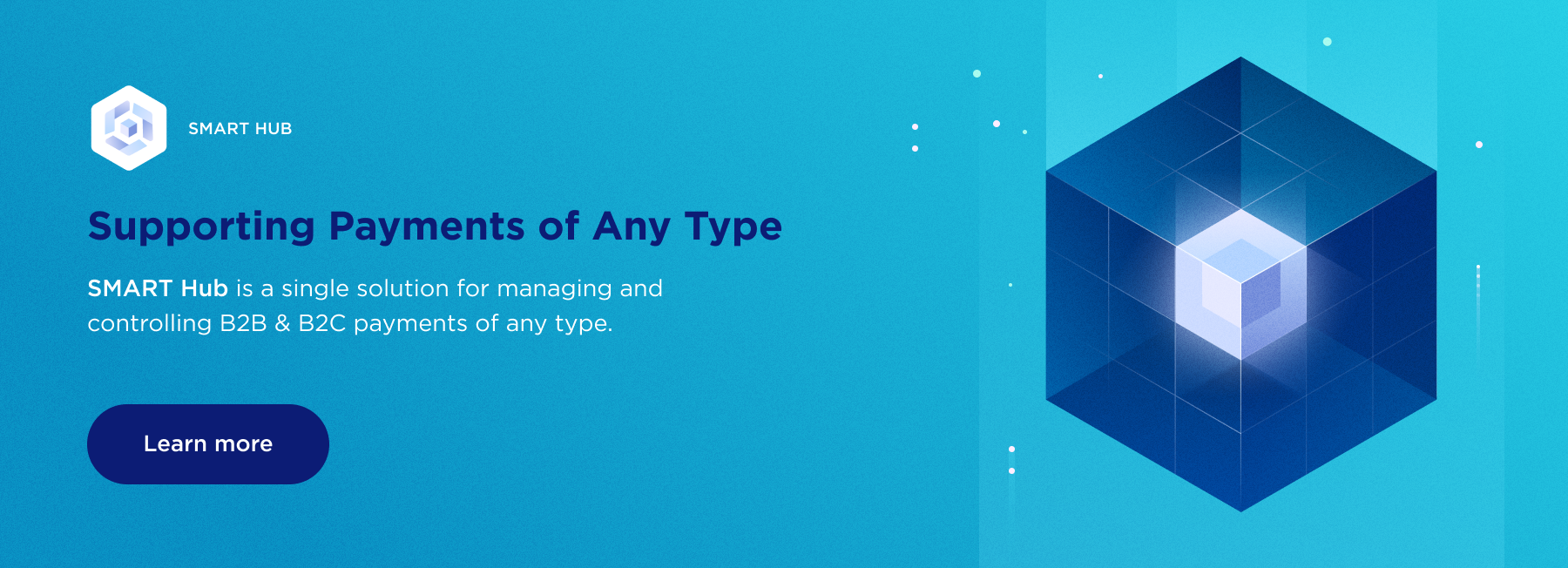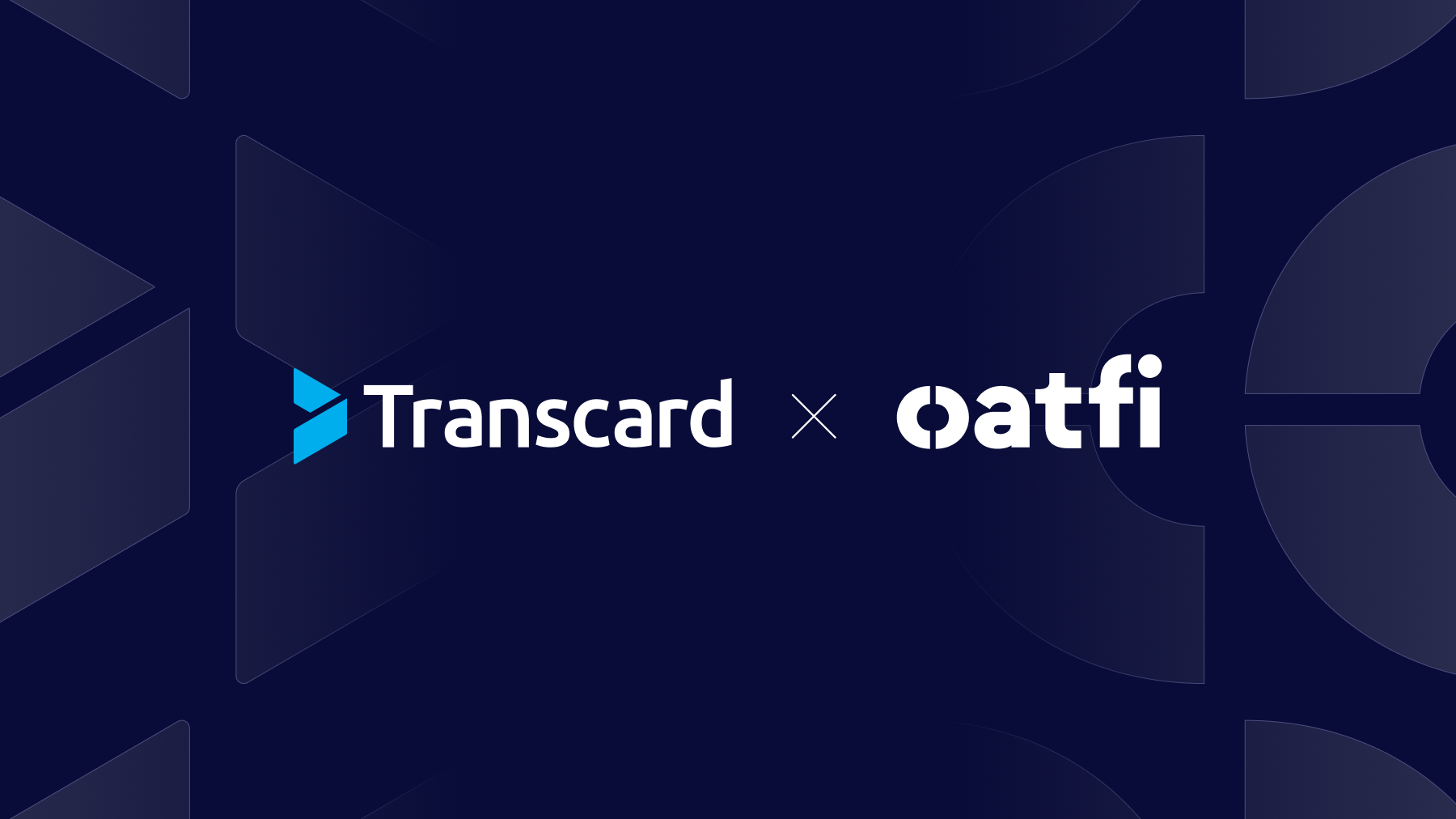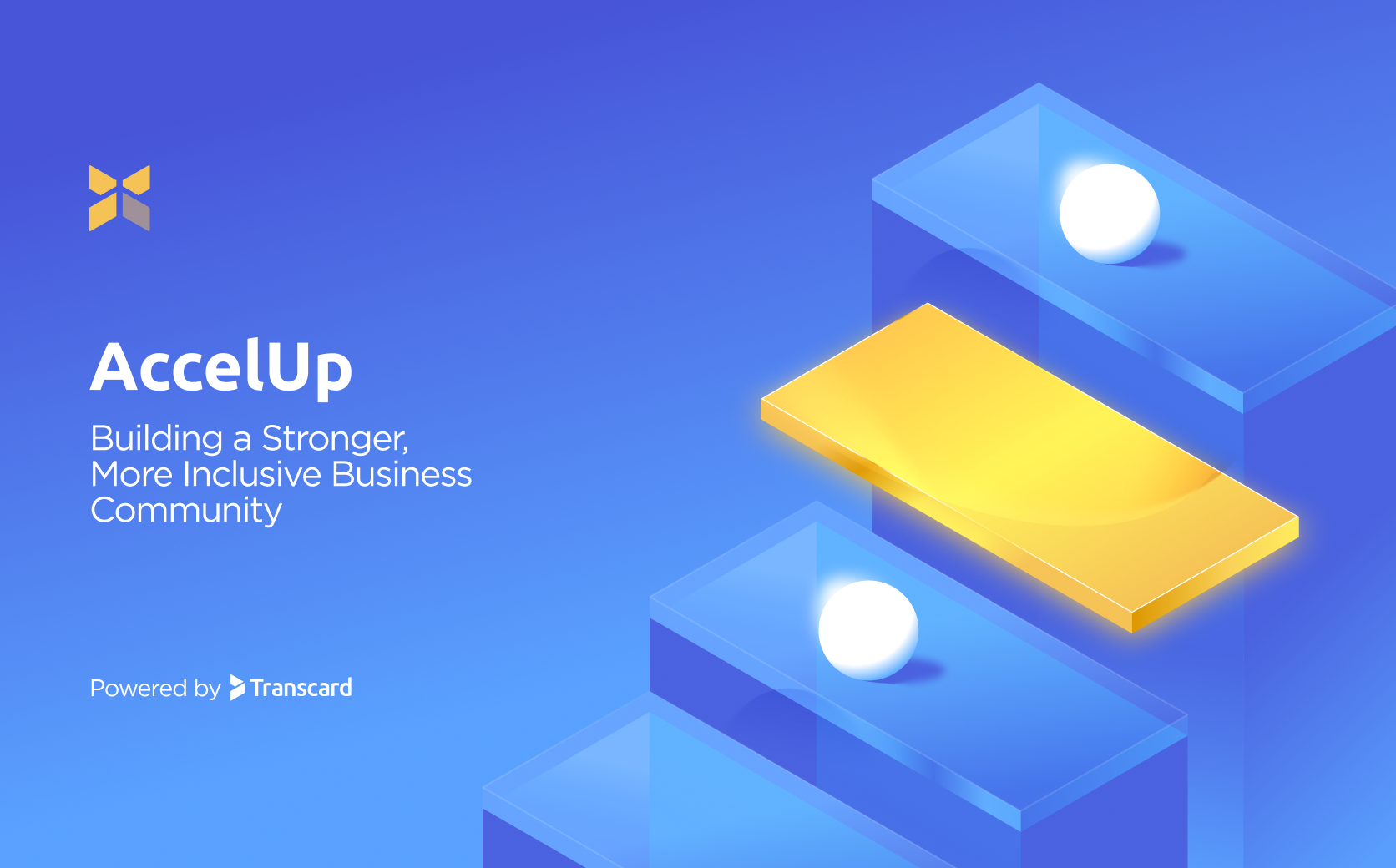For years, the financial services market operated in closed environments, with banks calling the shots. Some open networks existed, but they offered access to bank data or bank-branded products.
These closed environments stood in the way of financial services innovation.
Banking-as-a-Service (BaaS) changes all that.
Emergence of Financial Applications Powered by BaaS
A BaaS platform enables fintechs and other third parties – as well as banks and credit unions – to connect with licensed and regulated banking back-ends via Application Programming Interfaces (APIs) so they can build financial services applications. In some cases, the banking back-ends are provided by fintechs that offer a BaaS platform and deliver core banking services at the same time.
Importantly, BaaS is not the same as open banking, which is all the rage in the UK and elsewhere. Open banking provides fintechs with access to core banking data, creating new ways for customers to visualize and understand information (think: mobile apps that aggregate banking account data).
Baas does much more.
A BaaS platform manages the secure exchange of data, oversees authentication and authorization, facilitates omni-channel payment processing, and ensures compliance with relevant regulations.
With a BaaS platform, fintechs can deliver bank-like services such as customer onboarding, deposit processing, cards, and payments outside of a bank-owned channel, all under the fintech’s brand, and without having to jump through the legal and regulatory hoops of securing their own bank license.
How Fintechs Work with BaaS Providers
The fintech accesses the BaaS platform through an easy-to-use open API, chooses the core banking capabilities they need, and builds their solution on top of them to meet their customers’ needs. A BaaS platform can even allow a fintech’s application to connect customers with multiple banks.
BaaS is an easy way for fintechs to access the core banking functionality they need to create:
- New payments solutions
- New customer experiences
- New pricing structures for financial solutions
In other words, BaaS makes core banking functionality a key ingredient for fintech success.
BaaS is a win-win for banks and fintechs:
- By sharing their APIs to let third parties build their own financial products, banks figure they can hold off encroaching fintechs, while monetizing their data and infrastructure. BaaS also enables banks to expand their geographic footprint without brick-and-mortar branches.
- Fintechs get access to the hardened core banking services they need to quickly develop solutions for customers, as well as an infrastructure that gets them beyond regulatory and legal hurdles. From standalone banking products to full banking services, developing innovative financial products no longer requires millions of dollars and years of investment.
More tightly integrating payments and other core banking services will be critical to solving the ‘first mile’ and ‘last mile’ challenges that banks and businesses face in today’s increasingly digital economy.
Fast-moving fintechs have already started leveraging BaaS capabilities to build new solutions. For instance, the market has seen a bevy of account-based and card products coming from fintechs.
The opportunities for fintechs to extend their solutions with a BaaS platform are immeasurable.




